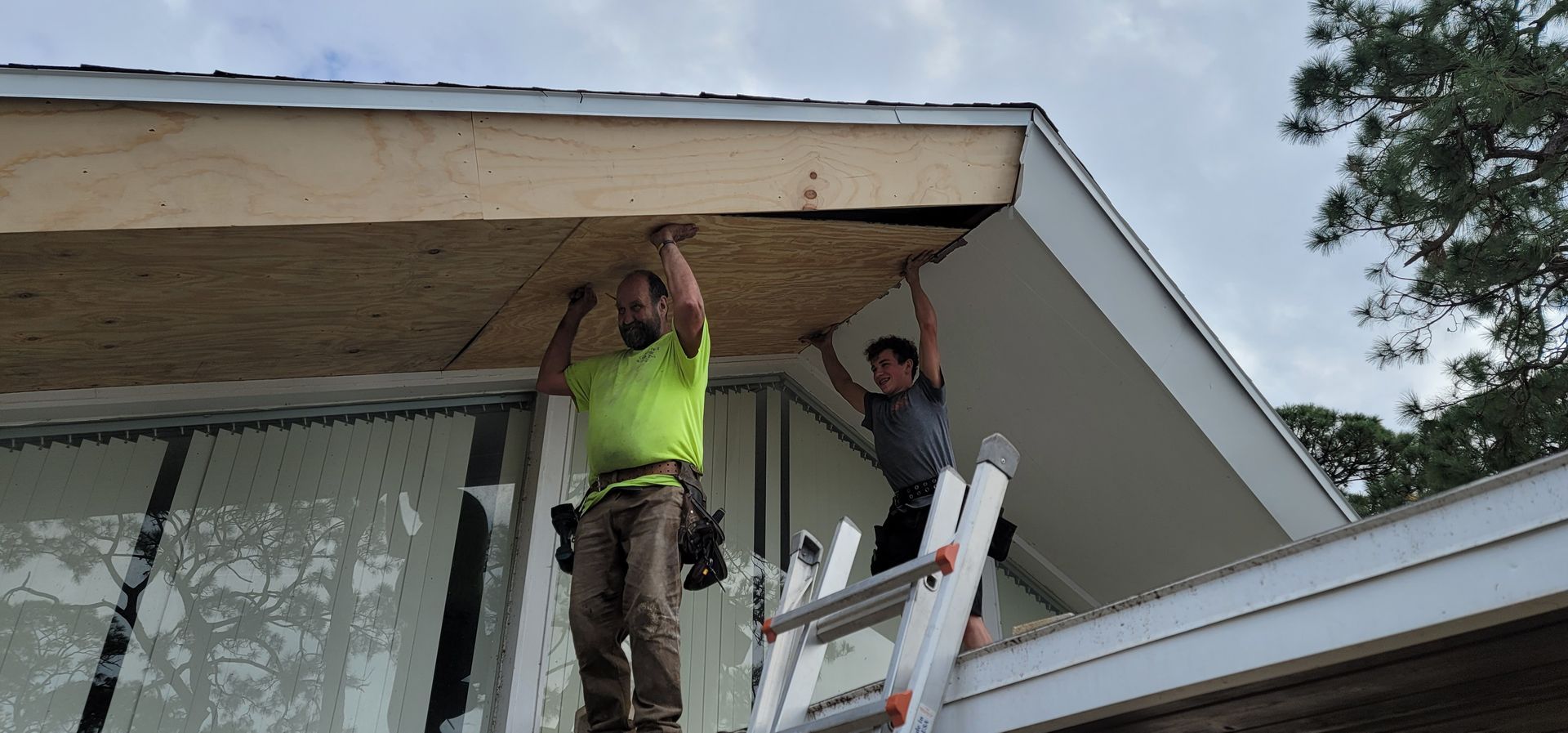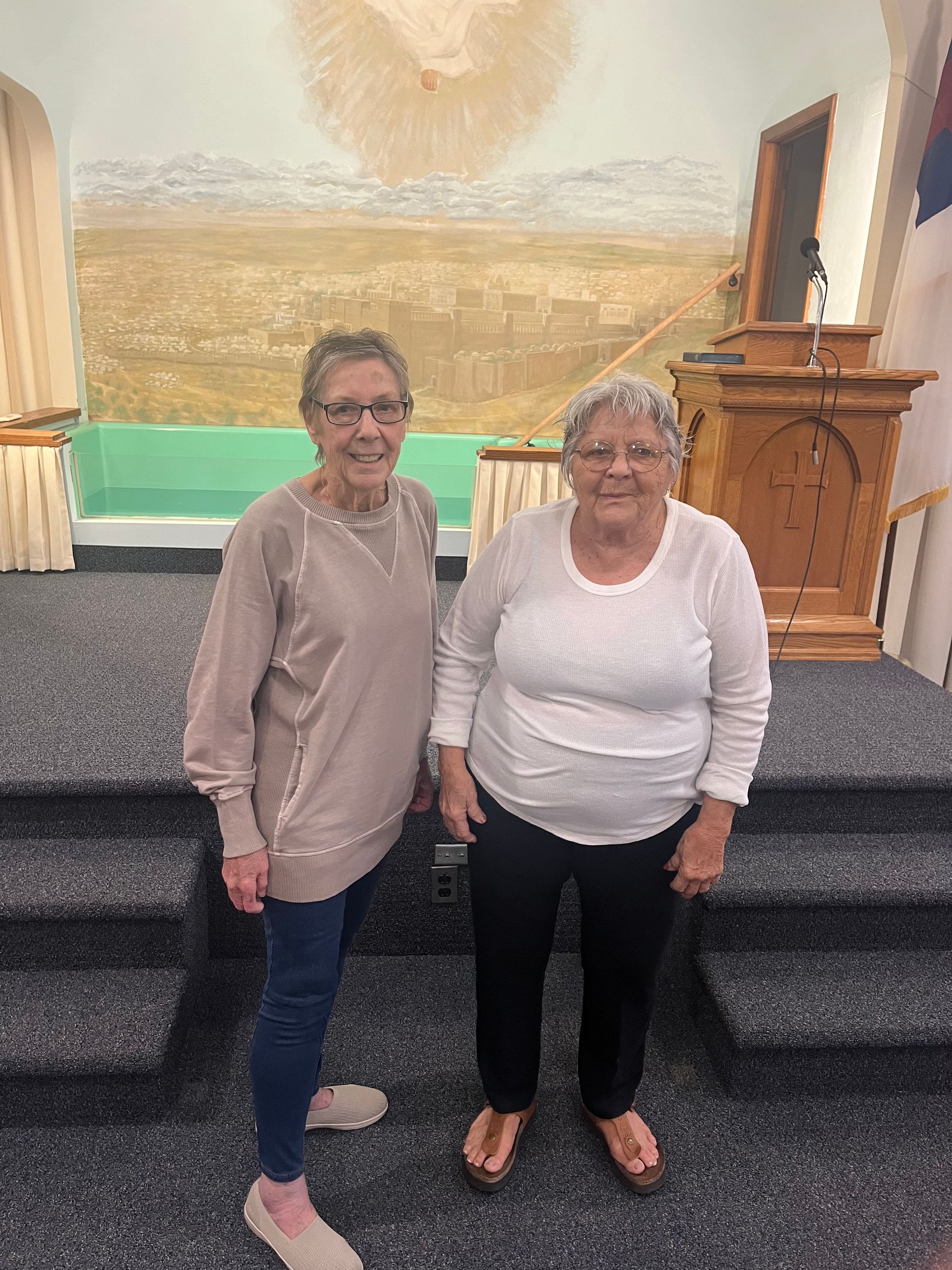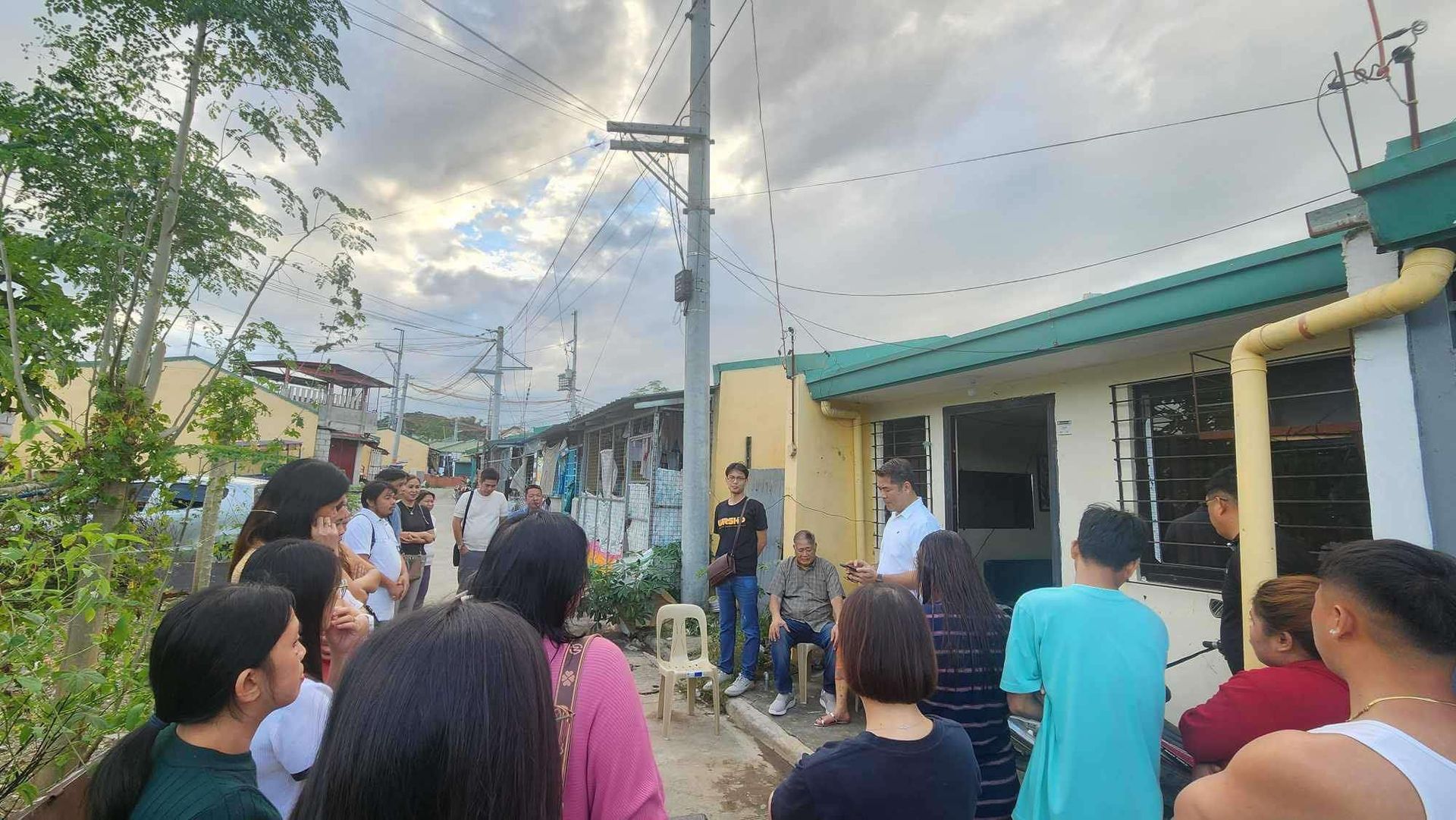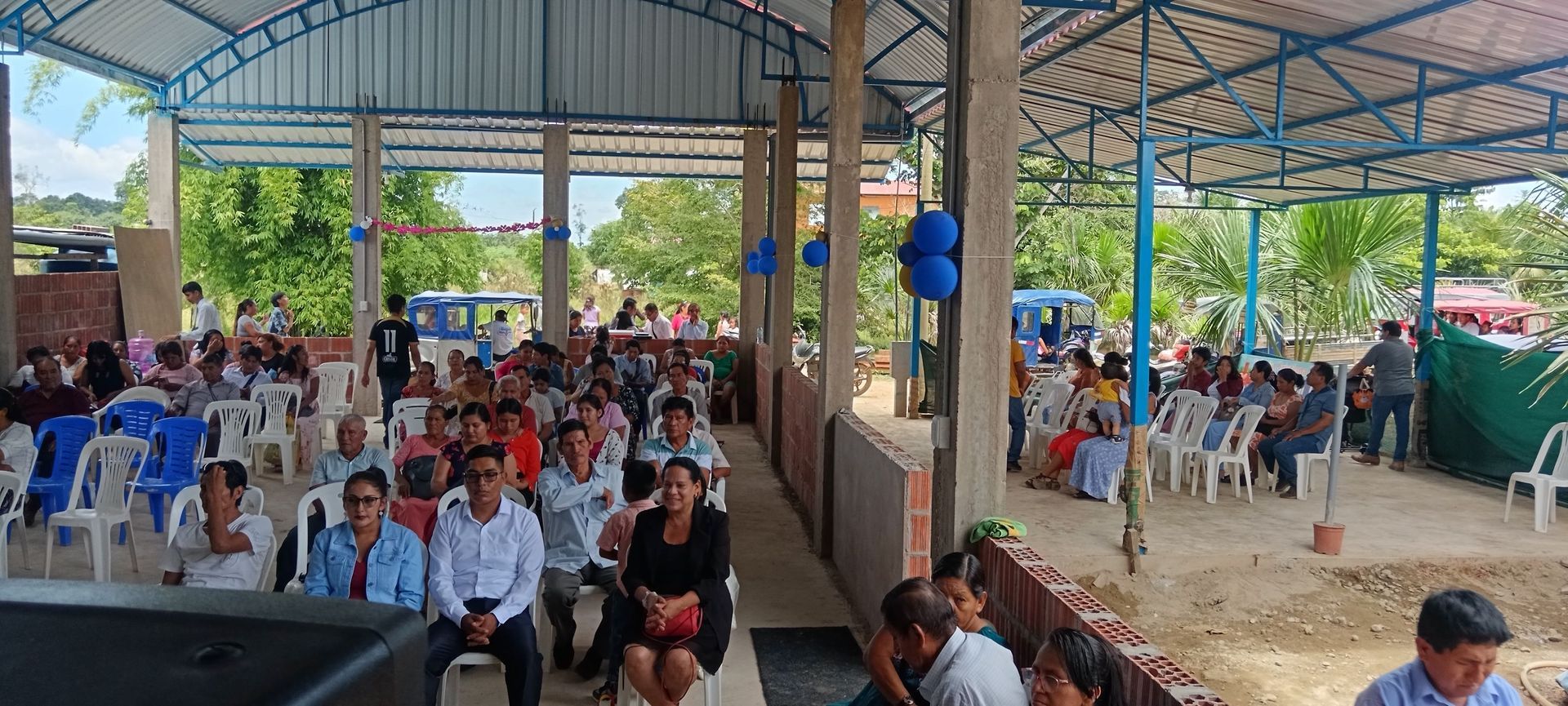Do. Something.
Repeatedly, the gospel calls us to do something. Turn the other cheek. Love your enemies. Forgive seven times seventy. Do something.
Jesus was a doer. He walked on water, fed the multitude, and forgave the woman at the well. He rose from the dead.
Doing something is critical to the salvation process. Come and take the water of life without cost.
Adam and Eve were the first to demonstrate human capacity. (Try not to mess up like they did!)
The unfortunate decisions in Eden notwithstanding, the Brethren tradition places high priority on human ability. Alexander Mack, Sr., stressed obedience to God’s law and separation from the “unclean,” a blunt call to do something. Mack’s son, Alexander “Sander” Mack, Jr., went further, affirming that “yet might e’en the greatest sinner, If he would for love make place, Enable love to be the winner/And give himself life’s highest grace,” [emphasis added], a stark endorsement of human ability.
John Kline, the great Brethren Civil War era preacher and martyr, agreed on the importance of human ability. Kline quoted Paul, “Let us cleanse ourselves from all filthiness of the flesh and Spirit” (II Corinthians 7:1), and he suggested that sinners are free to love whatever they choose just as young women are free to love whomever they choose (i.e., young women select their husbands). Humans, he concluded, “have work to do.”
Often, however, we overlook the ability to do something. Admittedly, much is beyond human control, especially in these times. We are advised to trust God, then all will be fine, or to accept that God controls everything. This perspective, however, neglects the human ability to make choices and to control, at least partially, fate. Just as believers choose to follow Jesus, they make other decisions that matter, too. As Kline suggested, humans have work to do; they can do something.
Humans do something when they act collectively. Governments, for example, have responded to the virus differently, and their decisions matter. Only individuals bound together in a social contract can provide adequate testing. Also, individual political leadership makes a difference; one classic example is Franklin D. Roosevelt’s contrast with Herbert Hoover.
Those of us who do not hold office also have an impact. Social responsibility versus social irresponsibility is a choice. Individuals can wash hands, wear masks, practice distancing, and stay home. This impacts us and God’s children around us.
Finally, and most importantly, believers can do some of the very specific acts that Jesus urged. With all due respect to prayer, which is powerful, Jesus did not counsel prayer for the hungry, the thirsty, strangers, the poorly clothed, the sick, and the imprisoned. Instead, he urged feeding them, giving them water, welcoming them, clothing them, caring for them, and visiting them. The needy only get fed, quenched, welcomed, etc., when we do something.
Surely some will misunderstand these words as a disparagement of prayer, which is not the intent at all, but check Matthew 25:34-46. The instruction is to do something.
Admittedly, some suffer from the crisis more than others. Some entered the virus-era already in difficult circumstances, and many more have lost health or employment in the last few weeks. Again, we can control some things but not everything. In the COVID-world some are just luckier than others. God’s will is clear: the lucky should do something for the unlucky.
Do something practical. Challenge yourself; read something that will make you better.
Call somebody who needs a good listener or just a contact. Send a note or text expressing support. Donate; check-writing or entering a credit card number may seem quick and sterile, but often it is the most effective way to express God’s love.
Not sure what to do? Pray about it, and God will reply promptly with a suggestion. God is a doer, too, and does not tarry in response.
Doing something won’t change the basic situation, for the virus is a true disaster, but it will bring you closer to God¸ which is a step forward. It helps.
Do something.











